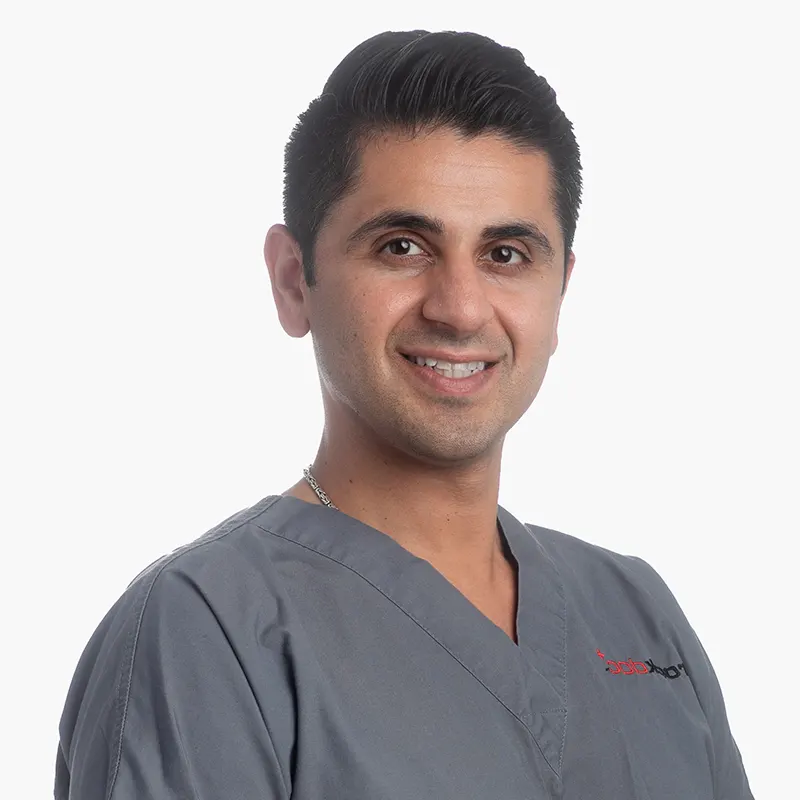Planning a trip to Singapore? This vibrant island city is known for its mix of cultures, futuristic skyline, and world-famous food. You can stroll through Gardens by the Bay, take in the views from Marina Bay Sands, or explore neighborhoods like Chinatown, Little India, and Kampong Glam. Don’t miss the beaches and attractions on Sentosa Island, either!
When it comes to Singapore travel health advice, the country is very clean and safe, but it’s still a good idea to be prepared. Make sure your routine vaccines—like MMR, tetanus, and flu—are up to date. Depending on your plans, you may also need travel vaccines for Singapore such as hepatitis A or typhoid, especially if you’ll be enjoying hawker stalls or street food.
With its unique blend of modern energy, cultural charm, and amazing eats, Singapore is a thrilling destination that packs a lot into one small island.
Hepatitis A virus can cause liver disease, and in rare cases, liver failure and death.
Hepatitis B is a viral infection that targets the liver and may cause chronic infections and liver cancer.
Measles is a highly contagious respiratory disease. Anyone who is not protected against measles is at risk of being infected with it when traveling internationally. Globally, we are starting to see an increase in measles infection.
Typhoid fever is a bacterial infection caused by salmonella from improperly prepared food or contaminated water.
Japanese encephalitis (JE) is a viral infection spread through the bite of an infected mosquito which can lead to brain infection and paralysis.
Rabies is a viral infection transmitted through animal bites.
Chikungunya is a viral infection spread through the bite of an infected mosquito.
We have made every effort to ensure the accuracy and reliability of the provided information, however, it is not feasible for us to update daily. Please book a virtual consultation with one of our Travel Medicine Professionals for current, personalized advice and answers to any questions you may have.
Guards against the varicella-zoster virus, responsible for chickenpox.
Diphtheria-Tetanus-Pertussis (DTaP)
Protects against three different bacterial infections.
Vaccination against seasonal influenza strains is essential.
Provides immunity against all three diseases in one shot.
Essential for guarding against the poliovirus.
Offers protection against a viral infection that causes painful rashes.
The ongoing pandemic necessitates adherence to vaccination guidelines and preventive measures.
Many diseases are spread by the bites of infected insects such as mosquitoes, ticks, fleas or flies. Cover up and use mosquito repellents to protect against infection.
Medications such as acetaminophen (e.g., Tylenol) or ibuprofen (e.g., Advil) can be helpful for managing headaches, muscle pain, or fever.
It’s advisable to carry over-the-counter anti-diarrheal medications like loperamide (e.g., Imodium) to treat mild cases of traveler’s diarrhea. However, it’s important to stay hydrated and seek medical attention if diarrhea persists or worsens.
Antacids like Tums or Pepto-Bismol can provide relief from indigestion or heartburn, which can sometimes occur when trying new foods or experiencing changes in diet during travel.
If you have known allergies, carrying antihistamines like cetirizine (e.g., Reactine) or diphenhydramine (e.g., Benadryl) can help manage allergic reactions to environmental allergens or insect bites.
If you are prone to motion sickness, consider carrying medication like dimenhydrinate (e.g., Gravol) to alleviate symptoms during long journeys or when traveling by car, train, or boat.
It is essential to protect yourself from the sun’s harmful rays. Use a broad-spectrum sunscreen with a high SPF, wear hats, sunglasses, and lightweight, breathable clothing.
In Singapore, certain prescription and over-the-counter medications are classified as controlled substances, including:
Bringing these medications into Singapore requires prior approval from the Health Sciences Authority (HSA). It’s essential to submit your application at least two weeks before your arrival. For comprehensive guidelines and to check if your medication is controlled, visit the HSA’s official page on personal medication requirements.
Street Address: One George Street, #11-01, Singapore 049145
Telephone: 65 6854-5900
Email: sporeconsular@international.gc.ca
Website: https://www.international.gc.ca/country-pays/singapore-singapour/singapore-singapour.aspx?lang=eng
We have made every effort to ensure the accuracy and reliability of the provided information, however, it is not feasible for us to update daily. Please book a virtual consultation with one of our Travel Medicine Professionals for current, personalized advice and answers to any questions you may have.
In case of emergency, dial:









We know how hard it can be for Canadians to get the healthcare they need, when they need it. That’s why Rockdoc is on a mission to help Canadians navigate healthcare. We have decades of experience providing emergent, urgent, and continuing healthcare services and solutions – meeting and exceeding the standard of care for our patients and our communities.

CEO and Chief Medical Officer
MD CCFP, FCFP, EM-SEM

Associate Medical Director
MD CCFP-EM CTH®

Medical Operations Manager
RN, BSN